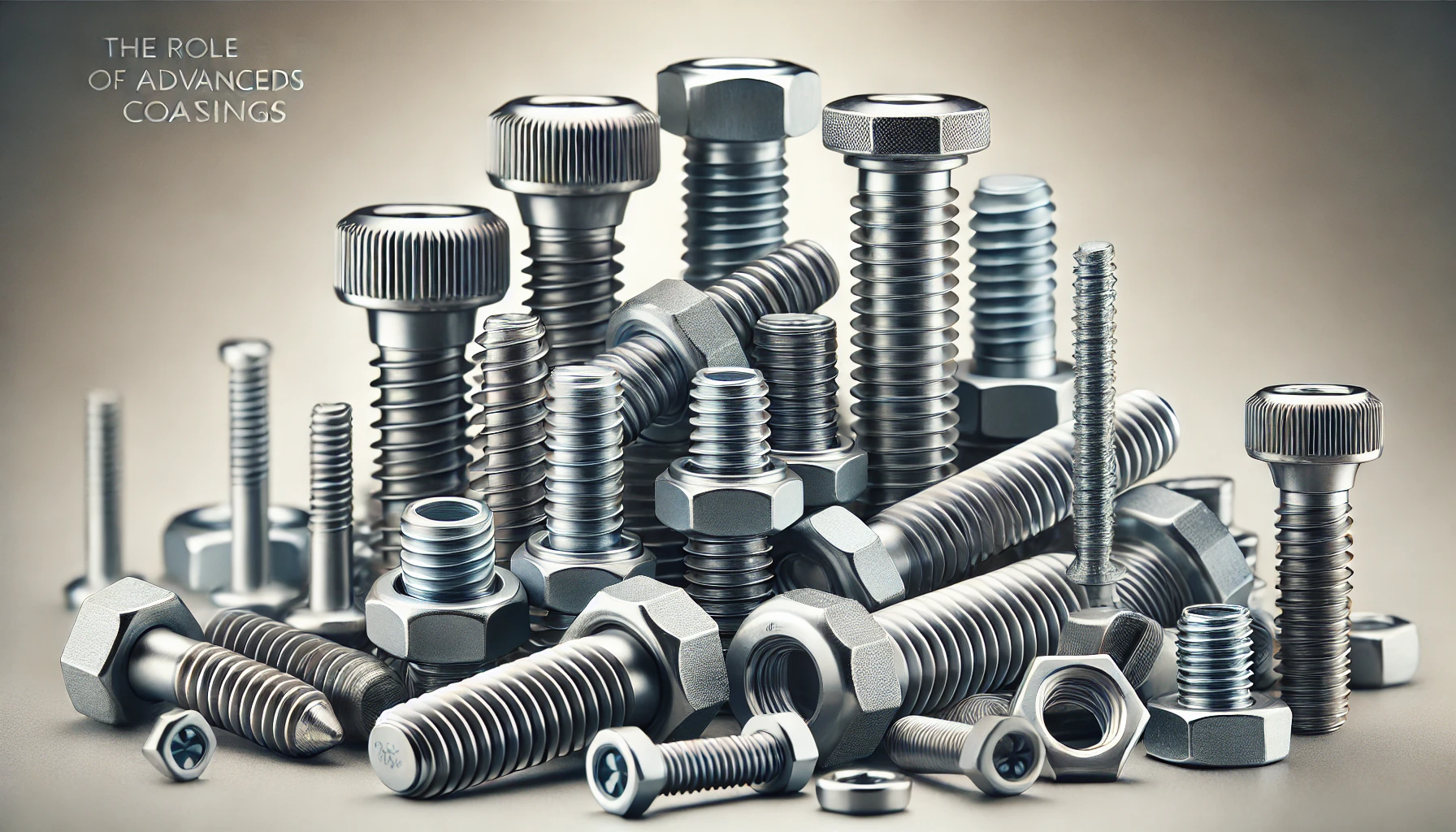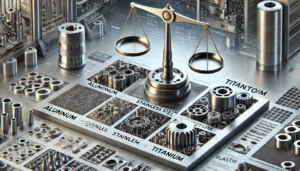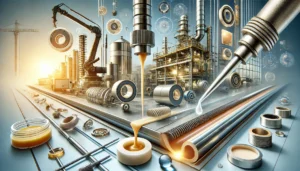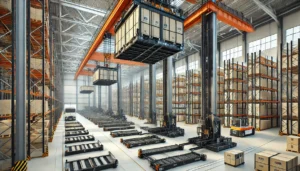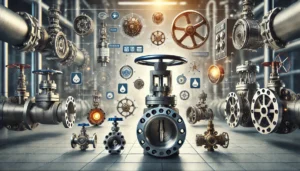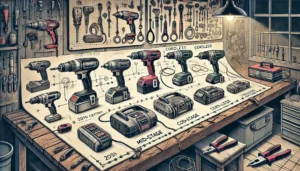For contemporary civil engineering and construction, screws, bolts, and nuts are key elements of joints. As modern coatings improve and enhance the fastener’s endurance, performance, and efficiency, they are widely utilized for protection against environment exposure and wear. The understanding of these coatings is beneficial in selecting the right fasteners for particular uses.
Corrosion Prevention
The advanced coatings which are applied are best known for their purpose as an anti-corrosive agent. In moist environments including interaction with chemicals and various temperatures, metals are prone to oxidation, thereby causing the fasteners and the structures they support to become weak. Advanced coatings are the perfect solution because they serve as a shield guarding the metal core from corrosive materials which greatly increases the lifespan of fasteners. Especially in industries like marine and automotive, corrosion resistant coatings are a must have in order to withstand aggressive environments and to maintain effective performance for a long time.
Wear Resistance and Lubricity
Coatings help improve the wear resistance of fasteners. In high-friction environments, fasteners tend to wear out over time, leading to increased chances of breakage. Molybdenum disulfide or Teflon coatings improve surface and installation friction, which reduces tear and wear, enabling the fastening device to be installed and removed much more easily. This is crucial in areas like aerospace & some manufacturing processes in which precision and repeatability are important. High thermal and even mechanical strength materials also help to greatly reduce galling between parts, which is a normal occurrence in fans.
Hydrogen Embrittlement Prevention
High-strength fasteners are prone to hydrogen embrittlement, a condition where hydrogen atoms diffuse into the metal, causing it to become brittle and prone to cracking. Certain coating processes, such as electroplating, can introduce hydrogen into the fastener material. However, modern coating techniques like zinc-flake coatings are specifically designed to avoid this issue. By applying these coatings in a non-electrolytic process, manufacturers can ensure that the fastener retains its strength and durability even in high-stress environments, such as heavy machinery or structural steelwork.
Compliance with Environmental and Regulatory Policies
New hazard-free coatings are being manufactured due to the growing emphasis on safety. C5 is a good example of a traditional coating, it is banned because it is harmful to the environment and people. Its modern-day replacement is trivalent chromium coatings, which do not harm the environment and also perform competitively. Not only do these modern coatings meet stringent environmental regulations, they also improve the ‘green’ image of construction and manufacturing projects by significantly reducing the carbon footprint of the structure’s lifecycle.
Improved Performance in Extreme Situations
Coatings today are created to serve their purpose within extreme conditions. For instance, ceramic gas turbine coatings possess thermal barrier properties, allowing them to withstand the extremely high temperatures produced by a gas turbine. Similarly, chemical resistant coatings are applied on fasteners used in highly aggressive chemical environments. With these and other applications, advanced coatings become critical to the success of businesses in chemical processing, oil and gas, and aerospace industries.
Better Appearance and Identification
In addition to their practical advantages, modern coatings can materially improve the look of fasteners. There are coatings of different colors and types which the different manufacturers can use to relate them to the beauty of the product. This is especially vital in industries such as consumer electronics and automobiles where the allure of the product matters a great deal. Furthermore, these fasteners are easier to identify with their different grades and types due to the different colored coatings and this reduces the chances of mistakes being made in complicated assemblies during installation and maintenance.
Cost Efficiency and Longevity
While advanced coatings may increase the initial cost of fasteners, these coatings increase effectiveness over the long term. These coatings prolong the life of fasteners while decreasing the frequency for their replacement, which decreases maintenance costs and increases cost efficiency. Furthermore, their ability to reduce the rate of corrosion or wear out succeeds in preventing structural failures, therefore avoiding times where operations are critically needed.
Conclusion
Advanced coatings are important features of modern fasteners as they offer resistance to corrosion, lower wear and tear, stop hydrogen embrittlement, maintain environmental standards, and function well in really harsh conditions and for aesthetics. The choice of proper coatings is necessary to enhance the performance and lifespan of fasteners used in different applications. Emerging technologies will assist the development of new coating materials and methods, which will enhance the performance of fasteners further, increasing the safety, reliability, and efficiency of engineered structures and products. Choosing advanced coated fasteners is not an issue of compliance only, but also a well calculated decision with an aim of long term sustainability in challenging industries.

